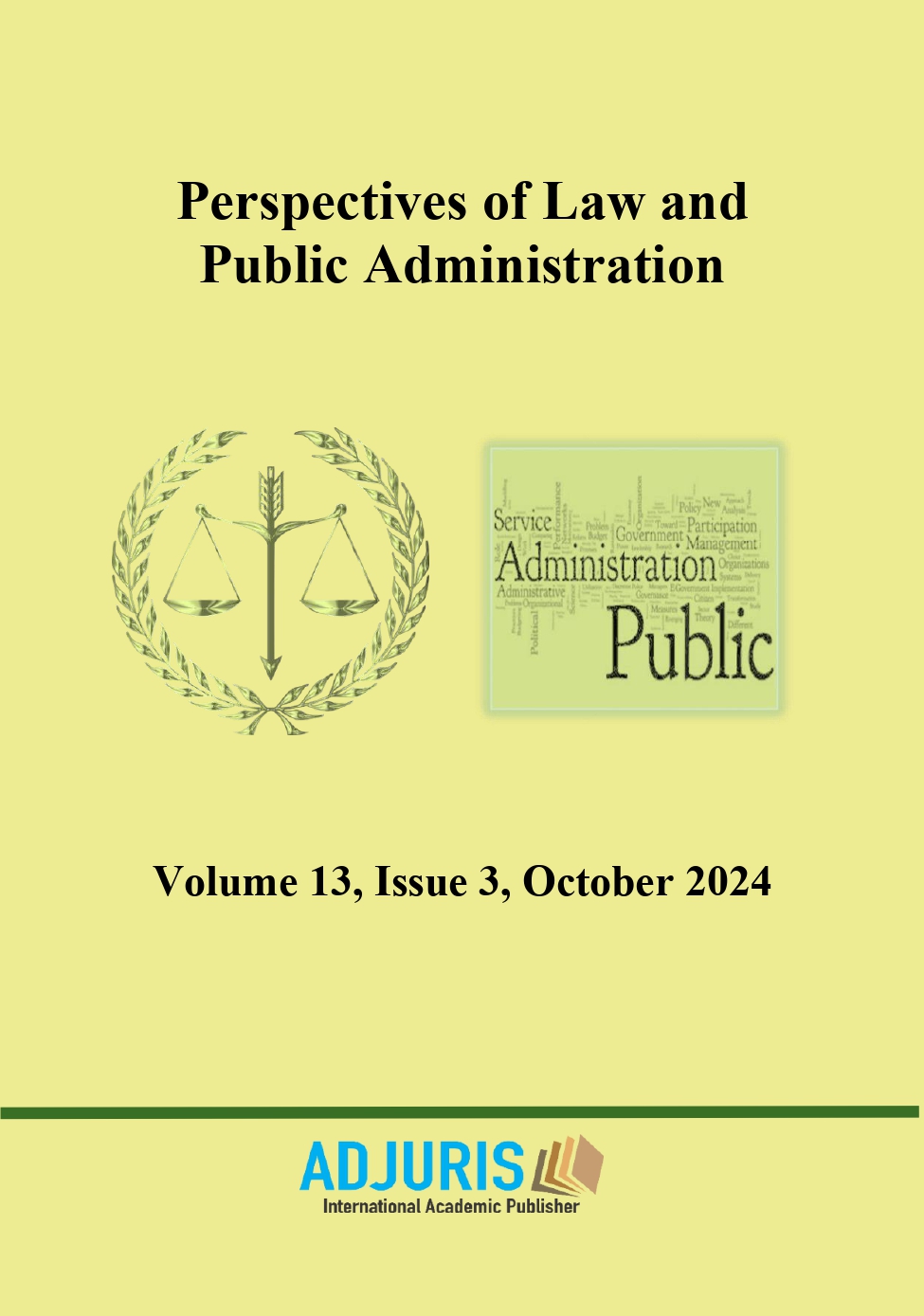The Economic Importance of Franchising in Portugal – (Re)Analysis of the Franchising Contract
The Economic Importance of Franchising in Portugal – (Re)Analysis of the Franchising Contract
Author(s): Carlos RODRIGUES, Ana CampinaSubject(s): Law, Constitution, Jurisprudence, Law on Economics, Commercial Law
Published by: Societatea de Stiinte Juridice si Administrative
Keywords: franchising; franchising contract; franchisor; franchisee;
Summary/Abstract: If we analyse the ‘2018/2019 Franchising Census’ carried out by the APF – Portuguese Franchising Association, we see that in Portugal, and for the year 2018, Franchising generated a turnover of more than 8 billion euros, which corresponded to 3.96% of the national GDP. This turnover is the result of the ‘Franchising Contracts’ signed by the 528 active brands, distributed among Services, with 57.7% of the preference, followed by Commerce, with 29% and Restaurants, with 13.3%. When we look at the levels of initial investment by Franchisees, we see that this initial investment was up to €25,000.00 for 43.6% of Franchisees, €25,000.00 to €50,000.00 for 26.5%, €50,000.00 to €100,000.00 for 17.7%, €100,000.00 to €250,000.00 for 9.9% and, finally, with an investment of more than €250,000.00 for the remaining 2.2%. In other words, more than 70% of the initial investment by franchisees did not exceed €50,000.00. The relevance of these figures for the Portuguese economy is the basis for presenting a legal (re)analysis of the ‘Franchising Contract’ in the Portuguese legal system, using a logical-deductive methodology of the legal regime of this type of contract.
Journal: Perspectives of Law and Public Administration
- Issue Year: 13/2024
- Issue No: 3
- Page Range: 426-431
- Page Count: 6
- Language: English

